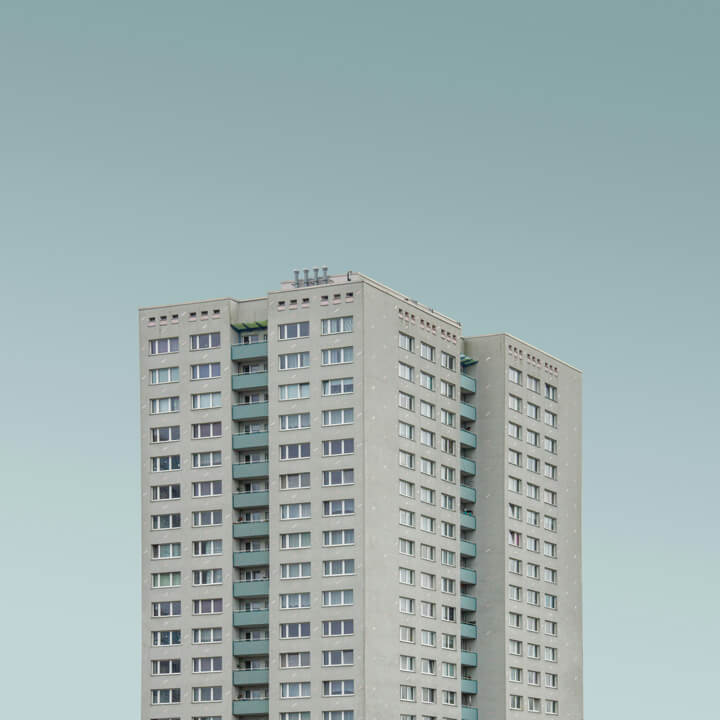Block management update: July 2024
10th July 2024
The Topline
“From service charge disputes to building safety and leasehold/freehold reform, there’s been a flurry of recent developments in residential block management. In this headline update, we highlight the ‘need to know’ for residential block operators, managers and practitioners.”
Karl Anders, Partner, Housing Management & Litigation


Rana v Maitland Court Ltd – Operation of landlord’s costs recovery provisions
Long residential leases often contain provisions enabling the landlord to recover legal costs incurred in connection with litigation relating to the building as an administration charge. The First-tier Tribunal (FTT) can, however, reduce or extinguish the costs which a tenant is obliged to pay pursuant to such costs recovery provisions, if it’s just and equitable to do so. In Rana v Maitland Court [1], the leaseholder owned management company (which owned the block) had issued proceedings seeking a declaration in relation to payment of certain service charge costs of around £4,500. The FTT found that only £259.74 was payable. The FTT determined that not more than half of the management company’s administration charges in respect of litigation costs could be recovered from the tenants. The sole ground of appeal to the Upper Tribunal was that the FTT was wrong to make that order, and that either none, or only 5% of the management company’s costs of the FTT litigation should be recoverable from the tenants by way of an administration charge.
The Upper Tribunal said the difficulty with the FTT’s reasoning was it ignored the outcome of the hearing. The Upper Tribunal therefore ordered the tenants’ liability to pay the management company’s litigation costs in the FTT by way of an administration charge should be extinguished. It said this was just and equitable as the tenants were by far the more successful party in the proceedings before the FTT.
The key takeaway? What’s ‘just and equitable’ in relation to a landlord’s litigation costs recovery will depend on all relevant circumstances, not just the outcome of litigation per se.
Bradley & Anor v Abacus Land 4 Ltd – What’s fair and reasonable?
As block managers will be all too aware, a perennial source of dispute is what amounts to a fair or reasonable proportion of costs, determined by the landlord or an independent surveyor, to be payable by a tenant. This case [2] considered the standard expected where a lease states the landlord is required to act reasonably when exercising its discretion on the apportionment of service charge costs.
The subject leases provided that the tenants’ service charge contribution was to be a “fair proportion [of the total costs of managing and maintaining the building] as the Landlord acting reasonably shall determine”. The building included a gym, which the tenants were permitted to use. The costs associated with the gym were a service chargeable item. The landlord sought to recover 100% of the gym costs from the tenants, and apportioned the costs accordingly. However, the tenants claimed that this wasn’t a “fair proportion”, and the landlord wasn’t “acting reasonably”, because the gym was not for the exclusive use of residents. The landlord had granted a lease of the gym to a tenant, and the gym tenant could make the gym available for its clients and, from 2020, the residential tenants’ use of the gym was restricted. In addition, the gym lease had been granted on the basis that the gym tenant didn’t have to pay towards the service charge costs relating to the gym. A good deal for the gym tenant!
The FTT found for the landlord, but the Upper Tribunal allowed the residential tenants’ appeal. The Upper Tribunal said an express requirement to act “reasonably” in exercising a discretion conferred by a lease means objective reasonableness. It added it was manifestly unfair, and therefore not objectively reasonable, for the residential leaseholders to pay the whole of the gym costs after 2020 when they no longer had exclusive use of the gym. It stated the gym lease had been granted in extraordinarily generous terms, and that the landlord was now seeking to charge that generosity to the residential tenants. The Upper Tribunal concluded that was unfair.
The key takeaway? Objective fairness will win out in an assessment of ‘reasonableness’ in this context.
Lehner v Lant Street Management Co Limited – BSA leaseholder protections 7 step test
This case [3] sets out a 7-step test to help Tribunals establish the impact of Building Safety Act 2022 (BSA) leaseholder protections in a case where disputed service charge costs may fall within the ambit of the BSA.
The BSA contains provisions designed to protect leaseholders from liability to pay some or all of the service charges which would otherwise be due from them as their contribution towards costs connected with relevant defects. (See Walker Morris’ earlier briefing on BSA leaseholder protections.)
The relevant statutory provisions are new and complex. In Lehner, the Upper Tribunal suggested a sequence of questions which a decision maker should address when determining whether service charges are payable in respect of work to which the BSA leaseholder protections may apply. The questions form a helpful 7-step approach. A link to the Upper Tribunal’s decision, which sets out the approach at paragraph 45, is here.
Block management expertise
Walker Morris’ dedicated Housing Management & Litigation team and block management experts specialise in advising landlords, management companies, managing agents and leaseholders in relation to all aspects of residential leasehold law, practice and block management.
For further advice, information or training on any aspect of housing and/or block management, please contact Karl Anders, Pawan Pandit or Asia Munir.











